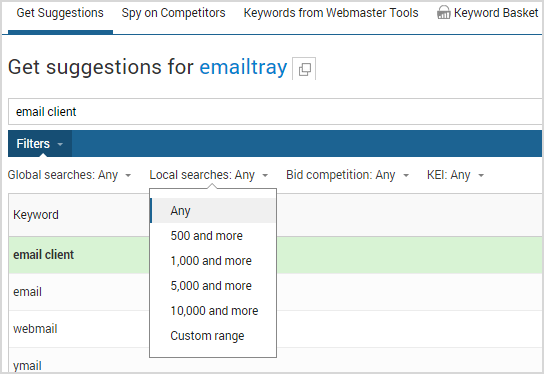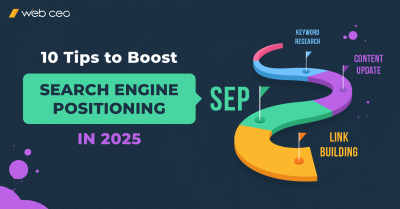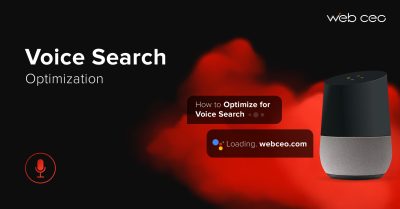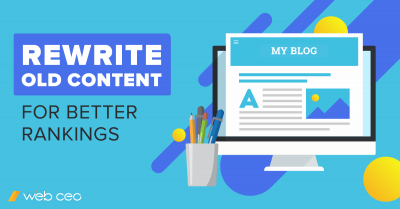
Marketers tend to be obsessed with high rankings but the final goal of good content marketing is traffic. Targeted traffic shows up at your door when you’ve optimized your site for the right SEO keywords. What helps you to find the right keywords? Detailed keyword research is crucial. Then, instead of being obsessed with high rankings for your targeted keywords, think of the conversion rate for each of them and optimize for that. It is conversion that helps you to pay the bills.
When you do research for high converting keywords you should focus on a “cluster,” not on a “core”. Having a very limited targeted keywords cloud can cause you to sink in competition bog and miss your chance to attract targeted and high converting traffic. Richard Jacobs (an Attorney Marketing Specialist at Speakeasy Marketing Inc.) likened a keyword to a dandelion in his Dandelion Keyword Theory:
This concerns both SEO and PPC efforts. When you are bidding on a particular phrase or long-tail term…you should not bid on that particular keyword but on patterns surrounding it. Think of your targeted SEO keywords as a circle tangent to a larger area outside of your circle; the bigger your circle of keywords, the larger will be the number of search queries related to your selected SEO keywords realm.
As soon as you realize that keywords are not only about rankings, start to build a semantic core from your main keyword’s fluffy halo. With special thanks to the Zamurai Blogger, here are some types of keywords that can convert extremely well if optimized and implemented properly:
- User Intent keywords. These are mainly long tail question phrases and conversational terms real searchers use. Examples would be “Who’s the best lawyer in Dodge City” or “I want to buy a wedding dress in downtown Seattle”. Most of us ask concrete questions and type in detailed queries to reduce the time and efforts on searching of what we need. Your task is to reduce your competitor chances to appear higher than you in search results.
- Local Terms. These are keywords and phrases that include a nearby location. If your business has a physical location than this type of keyword is a must if you want to drive high converting searchers to your site.
- User Decision Making Analysis Keywords. Many people will not only type in “What is the best product in XYZ Category” or “What is the best pizza place in Manhattan” but they will search for “Review Products XYZ Category” or “Comparison of Manhattan Pizza Places.” You can post a review or comparison of your product with another product to handle such queries. Searchers may be looking for case studies with which to make their decisions such as “Customer experiences XYZ Category,” so you will want to write about some of your satisfied customers as case studies. Other customers are specifically looking for special offers and discounts, so you will want to have active landing pages with some special offers going most of the time and visible on search engines. Then build your anchor texts around all these ”decision making” keywords and see how your conversion rate starts to grow.
- List Keywords. People love structured lists. Write posts and optimize landing pages for keyword phrases like “Top 10 of…”, “6 reasons why you should…”, “A list of…” etc.
- Thought Leader Keywords. Some product categories have been made famous by or are associated with a celebrity or thought leader and their actual or potential endorsement of a product would be important for a buyer to make a decision. You may want to optimize some pages for keywords like “What is Sean Connery’s favorite hotel in Scotland” or “What Martini Brand would James Bond prefer” even if your product wasn’t specifically recommended by them. As long as your content doesn’t lie and is very interesting to readers, it can provide you with a lot of targeted traffic. For instance, if you owned a hotel in Scotland, you could provide a list of a few hotels Sean Connery would probably like and playfully state that he is welcome anytime at your hotel. Optimally, you will want to write about how you got the real attention of someone whose opinion would be valued for your product category.
Here are several places where you can do research for high conversion keywords:
- Google Analytics →Acquisition → Search Engine Optimization → Queries report. These are the real intent-based keywords that have brought folks directly to your site. If you really want to increase your conversion rate this is the first place you should look for high converting terms.
- Keyword cluster provided in the WebCEO Keyword Research tool suggestions. The key features of this tool allow you to select the most effective keywords thanks to our keyword parameter range filters of global searches, local searches, bid competition and KEI (Keyword Effectiveness Index).
- Google search related suggestions. This is the easiest way to look for searches typed in by other users. Type in all possible questions and conversational phrases that are relevant to your site. As soon as you click on a search button, Google will provide the most relevant and popular combinations closely related to your search query at the bottom of the first page. Another option is the Google Autocomplete predictions that are enabled when you type in some query and see all possible suggestions dropped down from the search box.
- If your site is complex and you don’t have an on-site search option installed on your website yet, you’d better implement this because Google Analytics will retain this data and you can then get more alternative keyword clusters that you can focus on for better SEO and PPC campaigns. An internal search data analysis allows you to see the search terms that greatly differ from the external search queries provided in Google Analytics. The point is that user search intent on Google is more generic while onsite user search intent is more specific.
Don’t forget to give extra attention to your high conversion keywords and thematically optimized landing pages.. Give your content, that is rich in targeted converting keywords, a boost via social channel sharing and link building.
Tip: Your content theme and keyword clusters should be supported by diverse internal link texts. WebCEO Internal Links Optimization Guide will help you to analyze your link texts and fine-tune a strong semantic field for your landing pages so you can get higher rankings for your targeted search queries.




